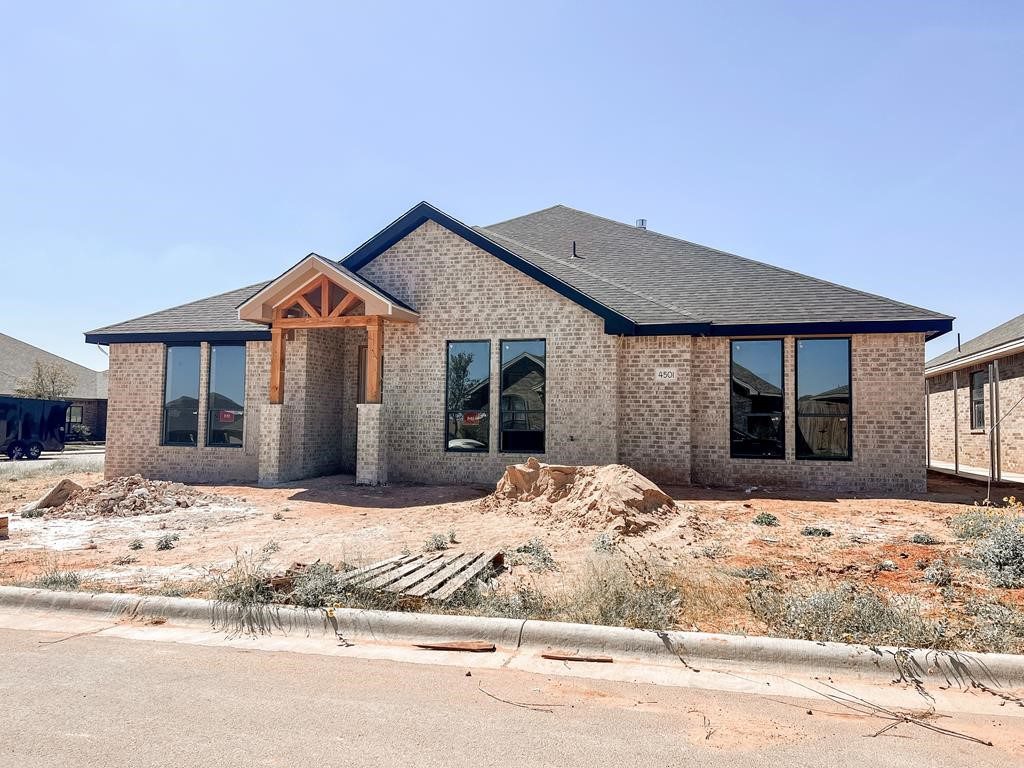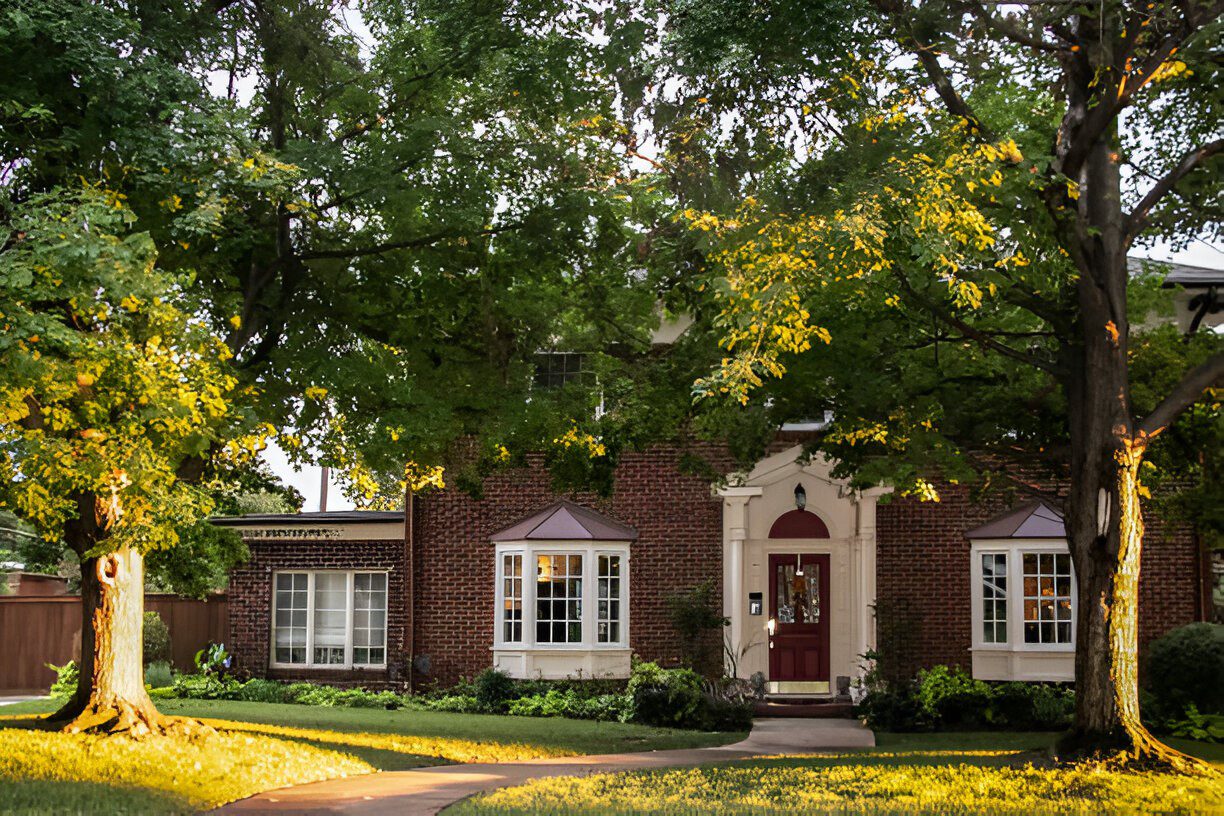When you’re buying or selling a home, one of the most important steps is putting down an earnest money deposit. This guide explains everything you need to know about earnest money deposits, including what they are, how much money they typically are and why they’re so important.
The Complete Guide to Earnest Money Deposits in Real Estate
An earnest money deposit, sometimes called a good faith deposit, is money that a buyer puts down when the buyer wants to purchase the home. The buyer gives this money to the real estate agents handling the deal, who put it in an escrow account.
Why Do Homebuyers Put Up an Earnest Money Deposit?
An earnest money deposit shows that the buyer is serious about purchasing the home. After a buyer puts down a deposit, they have to follow through on the transaction; they won’t get that money back if they cancel the deal. (There’s a caveat to that, though: Buyers can get their deposit back if the deal falls through due to something that’s not their fault, such as a low appraisal, or when the seller doesn’t uphold their end of the bargain.)
Related: 5 common real estate contingencies you need to know about
How Much is an Earnest Money Deposit?
The amount of money for an earnest money deposit varies, but it’s typically between 1 and 3 percent of the total purchase price of the home. For example, if you’re buying a $200,000 home, your earnest money deposit could be anywhere from $2,000 to $6,000.
Find Out How Much Your Home is Worth Now
How is the Earnest Money Deposit Used?
The earnest money deposit goes into an escrow account. This account is maintained by a third party – typically a title company or attorney – who holds onto the money until the deal is finalized. If everything goes smoothly and the deal closes, the earnest money deposit is applied to the purchase price of the home. If the deal falls through, the buyer usually gets their earnest money deposit back.
In some cases, the earnest money deposit may be non-refundable. This typically happens when the deal falls through because the buyer changed their mind, or if they didn’t meet the terms of the contract. For example, if the buyer agreed to purchase the home as-is but then tried to negotiate for repairs after a home inspection and then scuttled the deal when the seller refused, the seller could keep the earnest money deposit.
At closing, the earnest money deposit is applied to the transaction. It may go toward closing costs or contribute to the buyer’s down payment.
Related: The 5 most important secrets sellers need to know
When Do You Need to Put Down an Earnest Money Deposit?
Typically, an earnest money deposit is due when the offer is accepted. The buyer will give the deposit to their real estate agent, who will then hold onto it until the deal is finalized.
The Bottom Line
An earnest money deposit is a crucial part of any real estate deal. This deposit shows that the buyer is serious about purchasing the home and it’s typically held in escrow until the deal is finalized. If everything goes smoothly, the earnest money deposit is applied to the purchase price of the home. If the deal falls through, the buyer usually gets their earnest money deposit back – although there are some exceptions.
Related: 5 questions to ask before you hire a listing agent
Are You Buying or Selling a Home in Midland, Texas?
Use our site to search homes for sale in Midland and all of our surrounding areas. Unlike the “big name” sites out there, our site is directly connected to our local MLS and is updated faster. By creating a property manager account you can stay on top of the newest homes for sale and get price change alerts so you can stay ahead of other buyers and beat them to the best deals!
In the meantime, check out these 1-click searches:
Property Valuation Request Form
"*" indicates required fields






Leave A Comment
You must be logged in to post a comment.